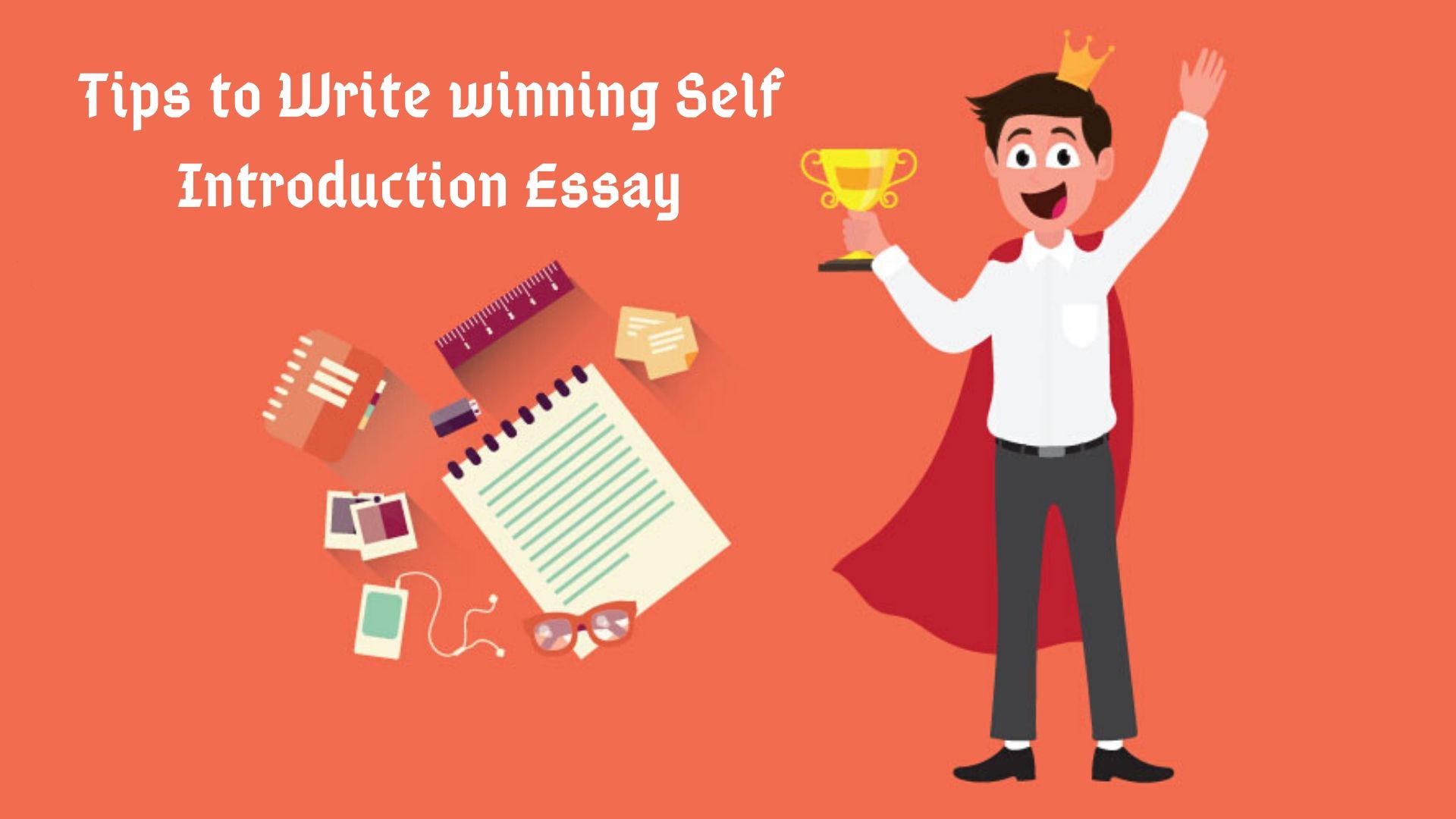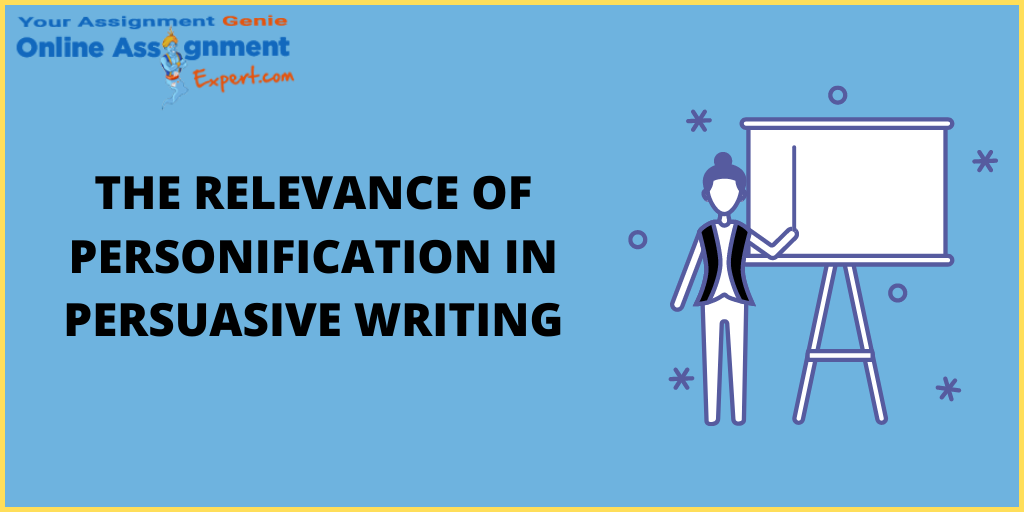
January 24, 2022
How To Write A Reflective Essay?
No 1 Assignment Help
is only a click away.
Emma sat wondering where to begin her assignment on how to write a reflective essay to a class unknown online. Emma had spent a quarter of her professional life as a journo just doing that. Reminiscing on how she was a sought-after journo in plum international organisations writing reflective feature pieces for them relating her international and national experiences that caught the Media and that of the paparazzi. Finally, Emma sat down to reflect on how she compiled it and how much claim and fame came her way, doing that? It's time Emma did it again. It was something she was good with. And story writing techniques must be retold, as has been several times by online assignment experts, extending assistance to scholars reaching out for help on how to write an academic reflective essay. Emma sure knows that there is not much difference, that it should be in simple, lucid terms, well-structured following an essay's prerequisites -- but it comes with a difference. Reflective academic writing is almost akin to a memoir in a personal diary, the style very prevalent in reputed social magazines.
How to Write a Reflective Essay?
Before writing a Reflection paragraph, is it essential to know the prerequisites of an effective essay? So, instead of going into the length of it, here are a few pointers that could sum up the points of compiling a good piece:
- It must be devoid of errors.
- Proper citation of facts and information is required.
- The introduction should be concise and direct.
- The tone needs to be reflected in essays.
- The text should have a natural flow.
- The conclusion should be brief and thorough.
Academic reflective essays are a critical analysis of a life experience in simple words. And not too difficult to write following the correct structured format for an essay.
Writing a reflective essay is similar to writing an everyday piece; it is kept simple and is mainly composed when there is a personal experience of sorts that needs to be illustrated on paper.
To get started with what elements go in in a reflective essay, there is a need to mention the structured format followed in writing the essay briefly.
The Structure to Follow: How to Write a Reflection Paragraph?
The term reflection is indicative enough. It refers to focusing on something personal, a life experience. However, the objective of a reflective essay remains to convey the life experience.
The essay should also reflect on how the experiences helped transform the individual, the essay's goal. The several changes from the knowledge gained are incorporated in the piece as learning experiences. A diary entry is the most explicit example of a reflective essay, where the author's thoughts are penned and evolve through time.
Reflective essays can vary; they can be scholarly also. However, they are often used as a part of a larger piece of writing, like for a magazine.
In an academic reflective essay, the presentation method may vary, but the goal, as mentioned earlier, remains similar. Instructors online expect students to think carefully and critically about a particular learning event or combination of experiences before penning them in an essay with an introduction, body and conclusion.
Here are some points to keep in mind while writing a reflective essay:
● Stress on a personal yet developing story:
Educators employ this reflective essay format to teach students how to assess life events in order to foster emotional growth and development. Additionally, the essay enables the student to develop a stronger sense of self actions.
● Literature remains the focal point:
In a Reflective essay student are required to summarise the literature and then write the essay based on their own personal experiences.
● Question: What and how to write an academic reflective essay?
A reflective essay is highly personal and geared. However, more than telling a personal story, it calls for a reflection on how it influenced subsequent behaviours either negatively or positively.
A reflective essay for an academic assignment may ask you to reflect on a specific episode – like the moment that sent you to make a significant decision – and subsequently reflect on the results. A carry forward is a must for more reflective pieces in a reflective essay.
● See what Reflection entails:
Since a reflective process is at the heart of writing academic reflective essays, mention personal experiences and how they galvanised change to get it right. Focus on what has influenced/changed situations. Then, determine the implications personally using memories and thoughts about the encounter.
● Decide on a topic to research intensely:
Once the essay topic is decided, reflect on the topic that interests the academic author, research it carefully and devote a significant amount of time thinking in detail. Finally, please make a list of everything you remember about it, describing it as clearly and thoroughly as possible.
As you do this, make sure to utilise adjectives to describe your experience. Ensure to write in a way as if you are recording reactions and unfolding them to the reader with the language and vocabulary used, helping the reader to conjure the situation. Here the reactions, perceptions, and event experiences are at foreplay.
● Chalk-out the road map:
An excellent way to make a successful reflective start is to begin writing reflectively after you've successfully emptied the contents of your memory. The best way to start is to seek answers to questions like:
- As a consequence of the event, what did you gather about yourself?
- How did you get a chance to grow after the event?
- Did it leave an impact on your life, either positively or negatively?
- If you could go back in time, what would you do differently?
- Do you believe the decisions that you made were the best options?
- What are your overall impressions of the experience? Was it a good learning opportunity? As a result, what specific talents or views did you gain?
These are milestone questions to have you started for any reflective essay piece, academic non-academic. The purpose of an academic essay is to get thoughtful input by putting on your thinking cap and to think deeply and critically about the experiences. Mentors at essay writing service Australia provide some of the tips for writing the paragraph of the reflective essay by answering pertinent questions like these that state:
- What exactly is going on in the learning process?
- Is the procedure going as planned?
- Is it possible for me to successfully deal with the obstacles that come with it?
- Is there anything else that should be done to guarantee that the learning process goes smoothly?
- What do I take away from this?
By using a structure like this, scholars can find answers to formulate how to write a Reflection paragraph and keep track of the reflective process likely to come further, which is the basis of a reflective essay.
Strategically, in doing so, following a roadmap for completing the reflective essay helps. It requires jotting down a few words as pointers follow the first point. The outline effectively serves as the essay's skeleton. It is a time-saver and allows more time to edit the paper and ensure excellent quality.
One thing that remains common for all essay types, including reflective academic essays, is the introduction, body, and conclusion, presented in a gist. For more on how to write an academic Reflective essay there are always online assignment experts to consult for further details.
Structure of a reflective essay:
● Introduction
A reflective essay starts with a captivating hook building the environment of a reflective essay catching the reader's attention immediately. It is also the precursor of the thesis statement, as with other pieces.
The exciting components of the story take the first paragraph. But, first, see whether the opening lines provided enough incentive for the reader to move on.
The thesis statement is a short description of the essay's main point, a specific experience that had a significant impact. Keep the introduction concise to help the reader from getting bored in the first para.
● Body
The introduction follows the body of the essay. This portion requires deep thinking in not overstepping the lines of boredom and to follow a sequence of purposes using subheadings to make it concise and reader-friendly, reflecting your thoughts.
Undoubtedly, scholars find this the most challenging part of the academic essay where narrators are mostly asked to 'trim the long narrative short' to check the flab and remove the ramble:
- Consider writing with a chronological approach for a systematic representation.
- Using the timeline in the body of a reflective essay makes it more authentic.
- A timeline takes care of the essential aspects of your experience and puts your story together.
- Use sensible critique and Reflection to make it well-focused. And includes suitable.
- The body of an essay should not be a summary; it should reflect its impact on the narrator's life.
In general, Reflection should take precedence over summarization. This is because a reflecting stance will give readers insight into your experience and highlight your personality and capacity to deal with or adapt to different situations.
● Conclusion
Bring the entire reflective essay together in this part. Summarize both the concepts discussed throughout and what you learned as a result. Include information on why and how your ideas and behaviours changed. Consider how your character and abilities have been shaped, as well as the implications for your problem-solving ability in learning how to write Reflective paragraphs.
- What conclusions may be derived about your response to specific circumstances?
- What would you do differently if you found yourself in a similar situation in the future?
- What steps have you taken to put all you've learned from your experience into context?
- It is recommended to concentrate on bringing your reflective essay together at the conclusion by providing a summary of both the concepts expressed throughout and the lessons learnt.
- Include information on why and how your ideas and behaviours changed.
- Consider how your character and abilities have been shaped, as well as the implications for your problem-solving ability.
- What conclusions may be derived about your response to specific circumstances?
What must be kept in mind is that online tutors are looking for high-quality students.
evidence of Reflection concluded academically and professionally. Remember, a reflective essay contains descriptive components. They are critical, analytical, and thoughtful and carry the lessons you have gained from them.
If you still fall short of understanding how to write academic reflective essays, consider seeking experts at Online Assignment Expert. The ace service provider for all papers. Check it to believe it!
Related Blogs
Subscribe Our Newsletter & get Information about latest courses









